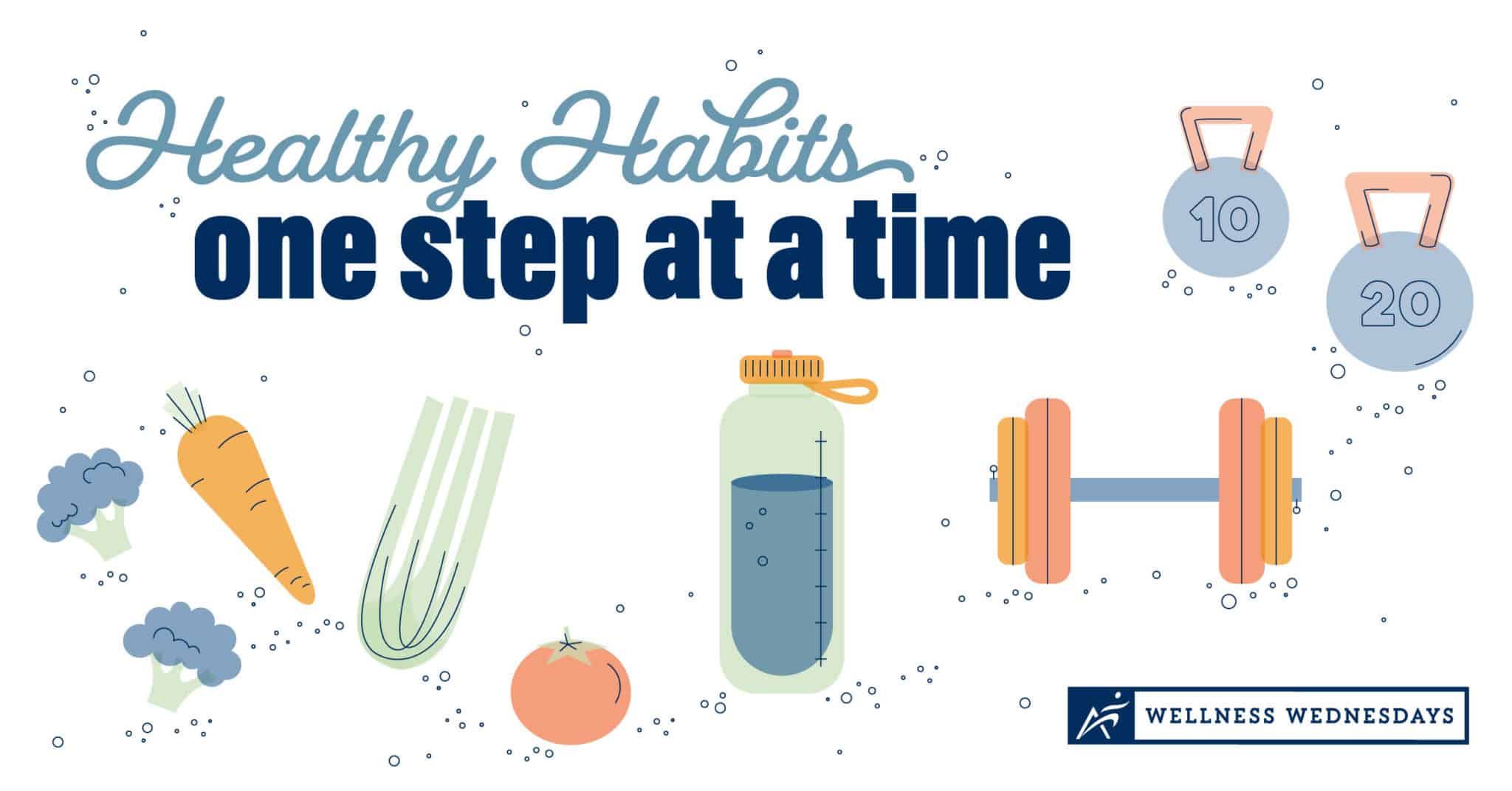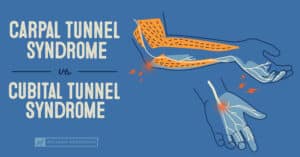No matter what goals you set for yourself, creating sustainable habits that will help you achieve them can feel daunting at first. There may be so many habits you’re ready to drop, and so many more you’d like to add to your life. Remember that change is a process, not a single event. With enough time and determination, your habits, and ultimately your lifestyle, can change to suit your ideals.
When comparing ourselves now versus who we want to be in the future, we often forget all the hard work, consistency, and discipline that it takes to make all those dreams come true. Thus, we attempt to turn around all our bad habits at once. We buy the healthy recipes, the workout plans, the new water bottle, and a fridge full of vegetables. We start the year off with a vision of where we want to be by next year. Then, somewhere down the road, all those plans fall to the wayside.
Rather than trying to quickly turn your life around, try developing new, small habits that can help you grow and achieve your goals.
What Is A Habit?
A habit develops when a specific behavior is repeated enough to become automatic. When you complete an action, your brain seeks immediate input in how that action affected you. With our eating habits, some foods reward us by being tasty, like chips and fast food, while others appear to “punish” us with bitterness, a common characteristic of vegetables. Your brain notices the immediate gratification of tasty foods, but doesn’t make the connection of how those foods can make you feel an hour or two later.
On average, it can take over two months for an action to turn into a habit. Sometimes, a new habit may not stick until after spending an entire year of mindful practice. Why is it so difficult and time-consuming to develop new habits? The answer is in how we approach the habit-forming process.
How Habits Form
Some habits are easier to change than others, but we can change almost all habits when we approach them one at a time. Adding more vegetables to your diet can be a breeze. Getting more sleep is as simple as going to bed and waking up at a reasonable hour. It isn’t even that difficult to add moderate exercise to your weekly routine with enough planning.
Now, try combining all those new habits at once and see how difficult it can be to stick to them. It’s especially challenging if these practices are new to you and you’re fighting against a current of previously engrained habits. If you’ve spent your entire past life building up your current habits, it will take a lot longer than a week for your brain to drop that routine and start doing something entirely different.
Change can be slow and difficult to notice right away. In the long run, these new habits can make you happier, healthier, and more satisfied with your life overall. Here are a few simple steps you can take to help develop sustainable habits you can stick with, even when times are tough.
Creating Sustainable Habits
Plan It Out
Regardless of what habits you’re trying to make or break, one of the most critical steps is to develop a plan to tackle all the changes you’re ready to make. Don’t take on more changes than your brain can handle. Instead, start with one new habit that you can perform daily, like setting an alarm to wake up at the same time every morning. Once that becomes habitual after a few weeks, you may notice you no longer need an alarm to know what time to wake up. You can then move on to adopt another habit. Eventually, you’ll notice these minor changes add up to an entirely new lifestyle.
Make It Measurable
Make sure your habits are clear and easily measurable. Instead of trying to “eat more veggies,” aim to “eat a cup of vegetables at every meal.” Keep track of these habit changes with a journal or habit-tracking app so you can see a clear picture of your progress. Setting clear, measurable boundaries will not only help you document your habit’s journey, but will also help you reflect on how your new habits are affecting you. Some examples of measurable habits include drinking eight cups of water a day, sleeping eight hours a night, or exercising 30 minutes after work each day.
Set Up For Success
Your environment plays a major role in how well you can adopt or change a habit. Make your living space work for you by making good habits easier to practice. If you’re used to watching TV as soon as you get home from work, but you’d rather exercise instead, try putting a treadmill in front of your TV or adopting a workout regimen that lets you exercise while binge-watching your favorite shows. Environments that make your desired habits more accessible and rewarding increase your chances of keeping those habits for good.
Reward Yourself
Our brains weigh almost every decision we make on how risky and rewarding those decisions may be. If the brain perceives the risk of waking up early (feeling groggy) outweighs the rewards (extra time to get ready for work or school), it will favor sleeping in. Find little ways to reward yourself for a good habit well-practiced. For example, if you pay attention to how your body reacts to certain foods during and after a meal, you may notice some slight changes in your mood and energy levels. Take note of which foods seem to provide the most benefit for you. Even small, barely noticeable changes can be rewarding enough to tip the scales in your new habit’s favor.
Setting Up For Success
Good habits are hard enough to keep without pain getting in the way. If you’ve been trying to adopt a new habit or lifestyle, but pain or an old injury has been stopping you, schedule an appointment at Airrosti. Our providers can help diagnose and treat pain directly at the source, so you can get back to doing the things you love most.
If at-home treatments are more your style, consider scheduling a remote telehealth appointment. With telehealth, we can deliver our expertise directly to you.
Call us at (800) 404-6050 to learn more.
Read our Medical Disclaimer here.










